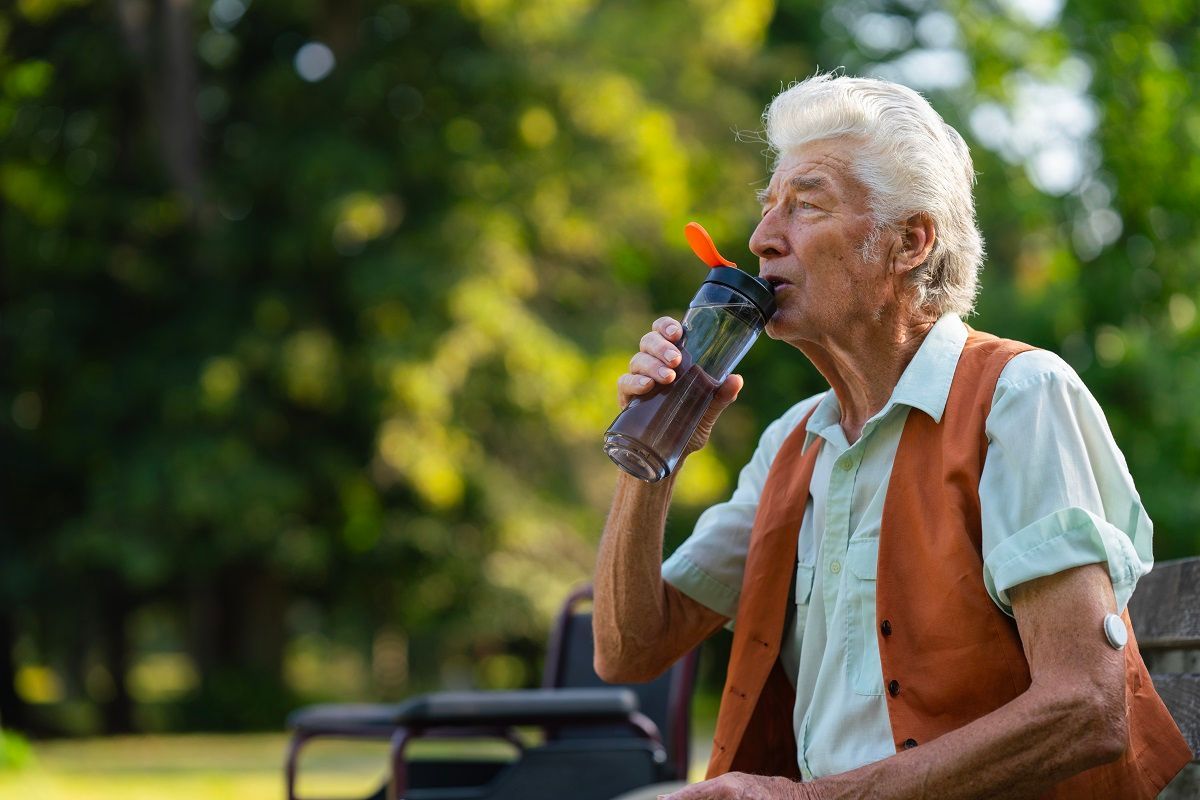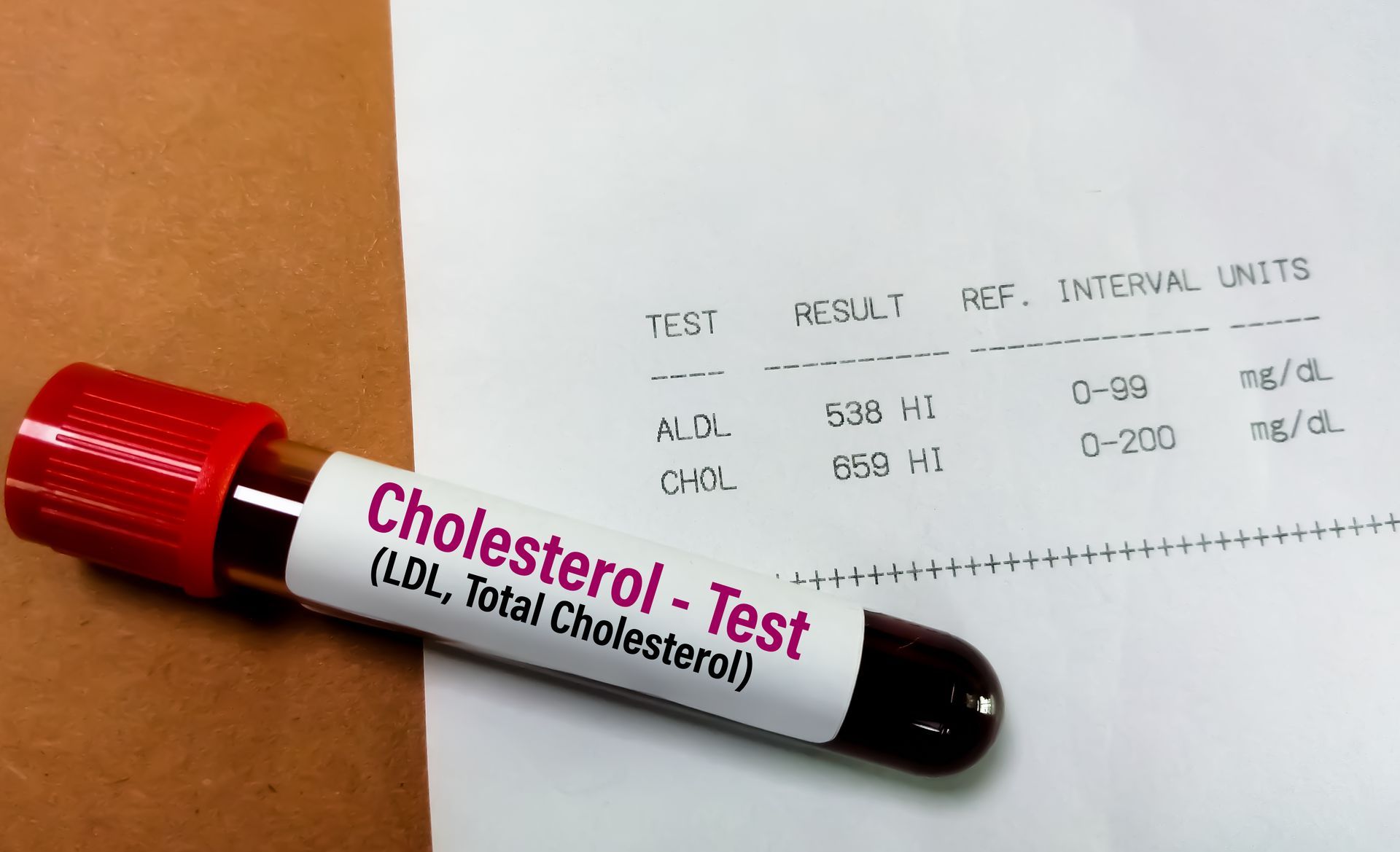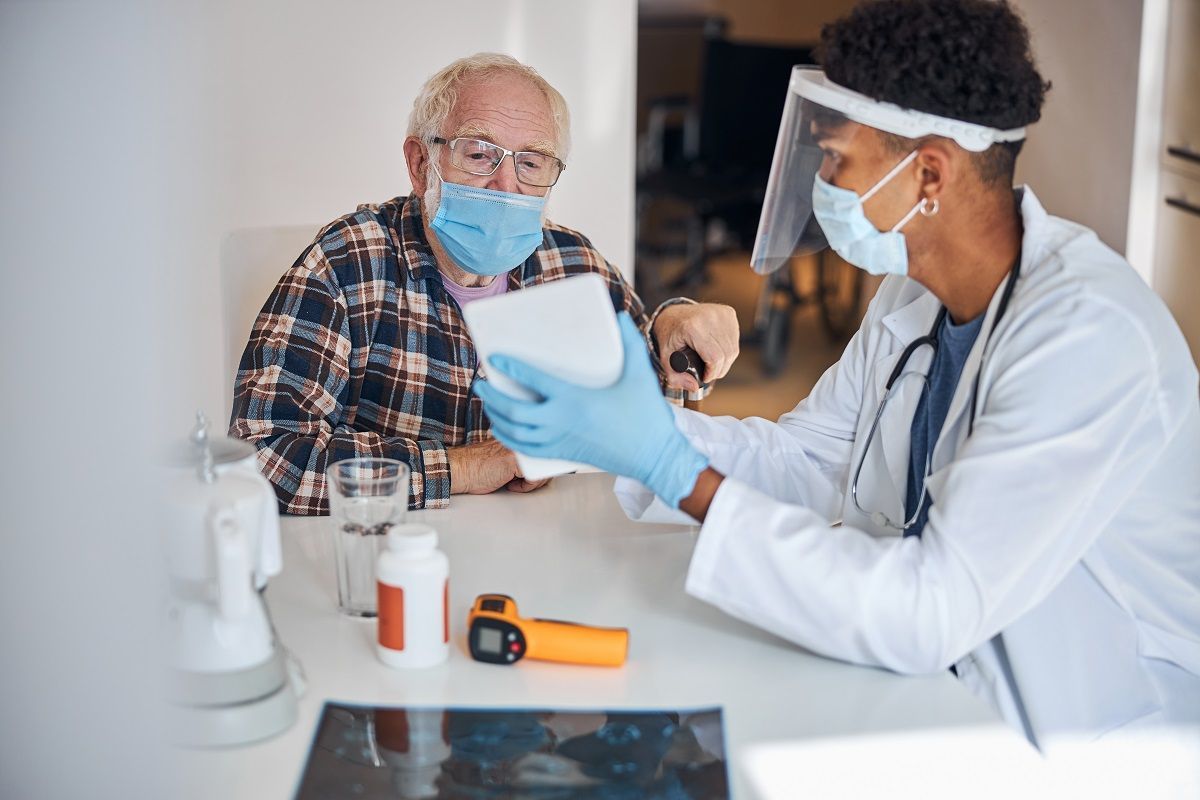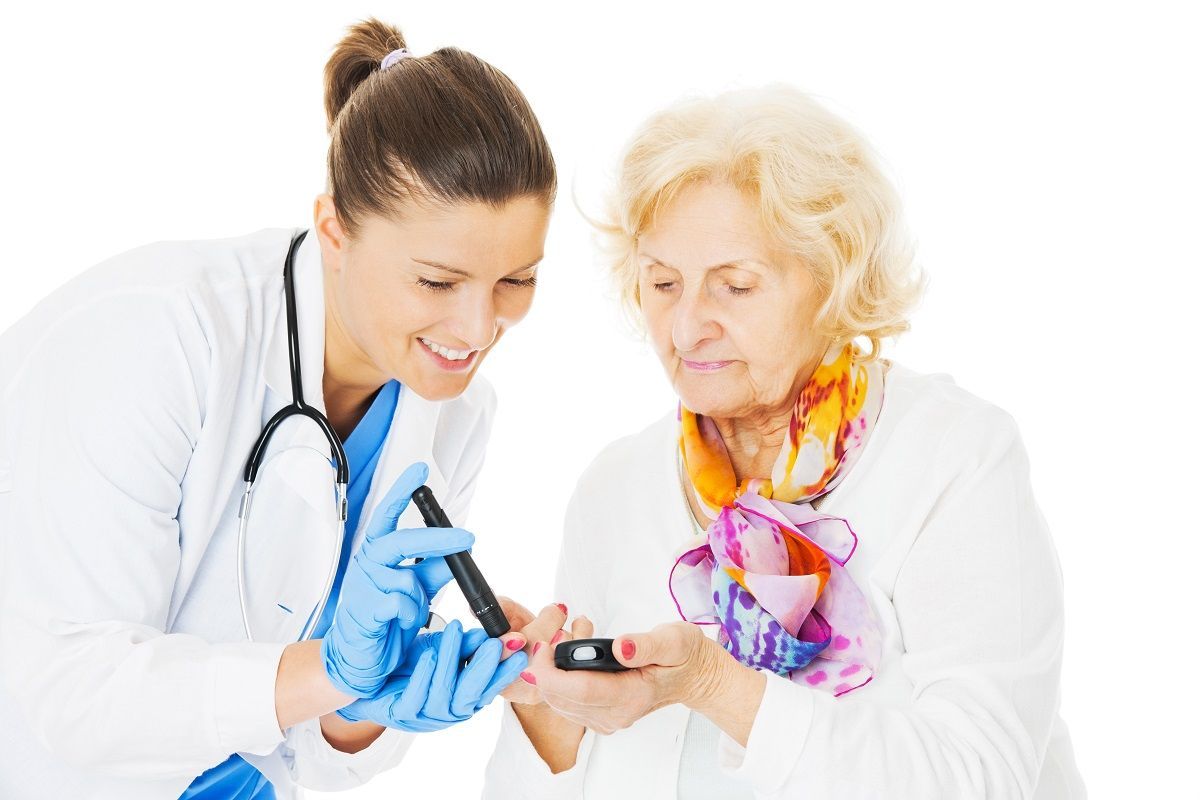Our Location
Elige tu idioma:
Dehydration Risks in Seniors: Awareness and Prevention

Dehydration is an often overlooked yet serious health condition. If untreated, it may lead to severe health problems, especially in seniors. As our bodies age, we undergo changes that make us more susceptible to dehydration, leading to health complications such as reduced kidney function or mobility issues.
Here, we will explore the risks of dehydration in seniors and discuss strategies for prevention.
Understanding Dehydration in Seniors
What Is Dehydration?
Dehydration occurs when your body loses too much fluid necessary to function properly. This condition often leads to an imbalance of electrolytes and essential minerals. Severe dehydration is life-threatening and requires immediate medical attention.
Why Are Seniors More Vulnerable?
Seniors are more vulnerable to dehydration due to several factors, such as a decrease in the body's ability to regulate water and the use of certain medications that may increase urine output. Understanding the prevalent causes of dehydration among seniors helps you prevent it and maintain proper hydration.
Decreased Thirst Sensation
As we age, our sense of thirst diminishes, making it easier to become dehydrated without even realizing it.
Reduced Kidney Function
The kidneys are crucial in regulating fluid balance in the body. However, kidney function tends to decline as we age, making it harder to retain water.
Medications
Many seniors take medications that have diuretic effects or interfere with the body's ability to retain fluids, further increasing the risk of dehydration. Diuretics increase urine production by the kidneys, which helps reduce excess fluid in the body. Therefore, only use diuretics as prescribed.
Here are some examples of diuretics:
- Laxatives
- Oral medications for type 2 diabetes
- Excedrin Migraine
Mobility Issues
Seniors with mobility problems may struggle to get a glass of water throughout the day if they cannot move independently.
How Common is Dehydration in Seniors?
An observational study found that dehydration is prevalent among older adults, ranging from 1% to 60% of the population. The staggering number of seniors dealing with dehydration necessitates more awareness about the condition and its impact on overall health.
Recognizing the Signs of Dehydration in Adults
Identifying dehydration symptoms early is crucial for preventing complications and improving the effectiveness of treatment and management.
Common symptoms of dehydration in elderly individuals:
- Dry mouth and lips
- Dark urine (dark brown or dark yellow)
- Fatigue
- Dizziness or lightheadedness
- Confusion or irritability
- Sunken eyes
- Decreased urine output
Severe Complications
Dehydration without proper treatment leads to more severe complications, such as:
- Heatstroke
- Urinary tract infections
- Kidney stones
- Low blood pressure
- Seizures
- Coma
Preventing Dehydration in Seniors
Make Hydration a Habit
Take plenty of fluids throughout the day to prevent dehydration. Drink water, herbal teas, and diluted fruit juices regularly, even if you don't feel thirsty. Remember, the best drink for dehydration in elderly people is always water.
Read: Sun Protection for Seniors: Importance and Tips for Sun Safety
Monitor Medications
Be aware of any medications that may cause your body to lose water, and consult with healthcare providers about potential alternatives or adjustments to dosage.
Provide Easy Access to Fluids
Make fluids easily accessible by keeping water bottles within reach and requesting assistance if needed.
Eat Hydrating Foods
In addition to fluids, certain foods—water-rich vegetables like celery or cucumber and fruits like watermelon and oranges—can help prevent dehydration.
Learn Levels of Hydration for Elderly People
Monitor hydration levels regularly by observing urine color and frequency and the other signs of dehydration mentioned earlier. Dark orange or brown urine is a sign of dehydration.
Seek Prompt Medical Attention
If you experience dehydration symptoms, seek prompt medical attention to prevent complications. Intravenous fluids may be necessary to rehydrate your body quickly.
Dehydration poses significant risks and may lead to adverse health complications if not addressed promptly. By understanding the factors contributing to dehydration and implementing preventive measures, you can keep your health and well-being in top shape as you age.
Drink fluids regularly, monitor medication effects, ensure easy access to hydrating foods and liquids, and seek medical attention if necessary. Remember, adequate hydration helps you stay healthy and reduce the risks of health complications.
FAQs
What are the leading causes of dehydration in seniors?
Seniors can become dehydrated due to various factors, including decreased thirst sensation, reduced kidney function, medications with diuretic effects, mobility issues limiting access to fluids, and underlying health conditions.
As a senior, how can I recognize if I am dehydrated?
Typical signs and symptoms of dehydration in seniors include dry mouth and lips, dark urine, fatigue, dizziness or lightheadedness, confusion or irritability, sunken eyes, and decreased urine output. It's crucial to monitor these symptoms regularly, especially in older adults.
Why is dehydration particularly dangerous for seniors?
Dehydration is particularly dangerous for seniors because it can lead to serious health complications, including heatstroke, urinary tract infections, kidney stones, low blood pressure, seizures, and coma. Seniors are more vulnerable to these complications due to age-related body changes.
How much fluid should seniors drink to prevent dehydration?
Older adults should drink at least eight glasses of water daily. However, the amount of fluids needed can vary depending on age, weight, activity level, and overall health.
Are there any medications that can increase the risk of dehydration in seniors?
Yes, certain medications, such as diuretics, antihypertensives, laxatives, and some antidepressants, can increase the risk of dehydration by promoting fluid loss or interfering with the body's ability to retain fluids. Take these medications with caution and check for signs of dehydration. Contact your doctor if you experience any symptoms.
What can caregivers do to prevent dehydration in seniors?
Caregivers can take several steps to prevent dehydration in seniors, including encouraging hydration, monitoring medication effects, providing easy access to fluids, offering hydrating foods, monitoring hydration levels, and seeking prompt medical attention if dehydration is suspected.
How can seniors with mobility issues stay hydrated?
Seniors with mobility problems may find it harder to stay hydrated. Still, caregivers can help by ensuring they have easy access to fluids, assisting with drinking if needed, and offering hydrating foods that require minimal effort. Being proactive in addressing hydration needs for seniors with limited mobility is essential.
What are some hydrating foods that seniors can include in their diet?
Seniors can include hydrating foods such as watermelon, cucumbers, oranges, strawberries, celery, tomatoes, spinach, and yogurt to help maintain adequate hydration levels. These foods provide water and essential nutrients that support overall health.
When should I seek medical attention for dehydration?
If you exhibit severe symptoms such as confusion, lethargy, rapid heartbeat, or fainting, seek medical attention immediately. Your doctor may recommend intravenous fluids to rehydrate your body and alleviate the symptoms.
How can I help raise awareness about dehydration risks in seniors?
Raising awareness about dehydration risks in seniors is essential for promoting healthy aging. You can share information about the signs and symptoms of dehydration with friends, family, caregivers, and
healthcare professionals. Additionally, advocating for policies and practices prioritizing hydration in senior care settings can help prevent dehydration-related complications.
Age Gracefully and Live a Happier Life!
Ocana Medical Center is the premier destination for seniors to manage dehydration symptoms due to our specialized and comprehensive approach to elder care. With a team of experienced healthcare professionals prioritizing the unique needs of older adults, we offer personalized treatment plans tailored to each senior's medical history and condition.
Ensure your overall health and well-being by calling our geriatric care experts at (813) 968-8314. You can also
book an appointment here.
“Respect. Compassion. Quality. Integrity. These are the values on which Ocana Medical Center was built. Our aim isn’t just to treat you today. We hope to earn your trust and be your healthcare provider for life.”
©2023 Ocana Medical Group, Inc.
USEFUL LINKS
GET IN TOUCH
Call Us Today
Send us Email
Our Location
Ocana Medical Center | All Rights Reserved.












